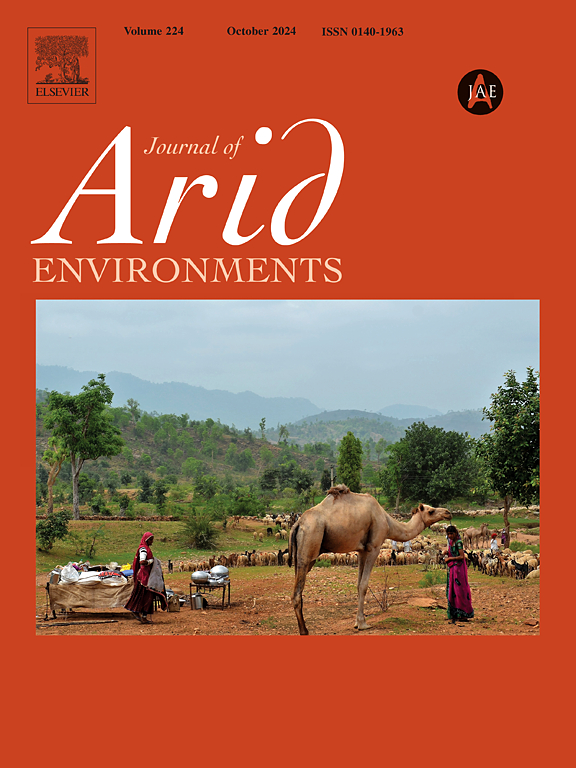伊朗农村地区的地下水分配和司法问题
IF 2.5
3区 环境科学与生态学
Q2 ECOLOGY
引用次数: 0
摘要
本文考察了伊朗在过渡时期的地下水分配制度。几个世纪以来,地方治理制度将地下水作为一种公共资源加以管理,这有利于公平分配。然而,在伊朗1979年革命之后,意识形态政策将地下水视为一种与公平相关的开放获取资源。这种从分配公正到公平的范式转变导致了地下水的过度开采。政府的公平观念只会让那些有能力钻探管井和占用公共地下水资源的人为所欲为。本文的结论是,如果没有地方治理机制将地下水恢复为公共资源,而不是作为开放获取的资源,地下水正义就无法实现。本文章由计算机程序翻译,如有差异,请以英文原文为准。

Groundwater allocation and the question of justice in Iran's rural communities
This article examines Iran's groundwater allocation systems in a transitional context. Over centuries, local governance regimes regulated groundwater as a common-pool resource, which was conducive to distributive justice. However, after Iran's 1979 revolution, ideological policies treated groundwater as an open-access resource associated with equity. This paradigm shift from distributive justice to equity led to the overexploitation of groundwater. The government's perception of equity only gave free rein to those who could afford to drill tube-wells and appropriate common groundwater resources. This article concludes that groundwater justice is unattainable without local governance regimes that can reinstate groundwater as a common-pool resource, rather than as an open-access resource.
求助全文
通过发布文献求助,成功后即可免费获取论文全文。
去求助
来源期刊

Journal of Arid Environments
环境科学-环境科学
CiteScore
5.70
自引率
3.70%
发文量
144
审稿时长
55 days
期刊介绍:
The Journal of Arid Environments is an international journal publishing original scientific and technical research articles on physical, biological and cultural aspects of arid, semi-arid, and desert environments. As a forum of multi-disciplinary and interdisciplinary dialogue it addresses research on all aspects of arid environments and their past, present and future use.
 求助内容:
求助内容: 应助结果提醒方式:
应助结果提醒方式:


